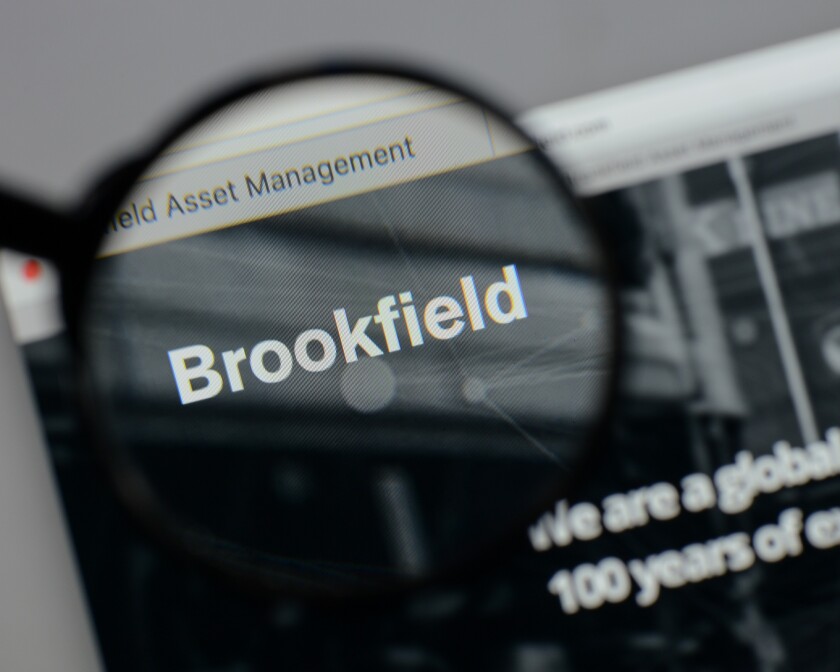Brookfield, one of the world's largest asset management firms, has been accused of tax avoidance through a global network of subsidiaries ahead of a shareholder vote on public country-by-country reporting on Friday, June 9.
The Centre for International Corporate Tax Accountability (CICTAR) published a report today, June 6, claiming that the Canadian company operates through tax havens.
Jason Ward, principal analyst at CICTAR in Sydney, questioned whether Brookfield can claim to be a responsible investor.
“If Brookfield’s global profits are artificially inflated by exploiting loopholes, investors are placing a risky bet. By voting for Brookfield to implement the GRI tax standard, investors can shed light on global operations and potential risks,” said Ward.
The Global Reporting Initiative (GRI) offers multinational groups a voluntary tax reporting framework to publicly disclose receipts in every country where the business operates. Brookfield investors will vote on the GRI standard on June 9.
A Brookfield spokesperson said: “We are committed to providing relevant and proportionate disclosure about our tax payments in accordance with recognised reporting frameworks and in a manner that is both informative and transparent.”
Brookfield files a country-by-country report with the Canada Revenue Agency, which shares the information with other OECD jurisdictions where the company operates. However, this data is not publicly available.
“Our investments consist of businesses that own and operate critical infrastructure, renewable energy and real estate assets all over the world,” said the spokesperson. “These assets are owned by corporate subsidiaries in their local jurisdictions where all applicable corporate income taxes are paid in compliance with local tax laws.”
Brookfield manages over $800 billion in global assets through complex structures based in offshore jurisdictions such as Bermuda, the Cayman Islands, the Isle of Man and Jersey, according to the report. These assets include part ownership of Canary Wharf and Manhattan West.
The Canadian company is just the latest in a growing list of businesses, including Amazon, Cisco Systems and Microsoft, to hold a shareholder vote on the GRI standard.











